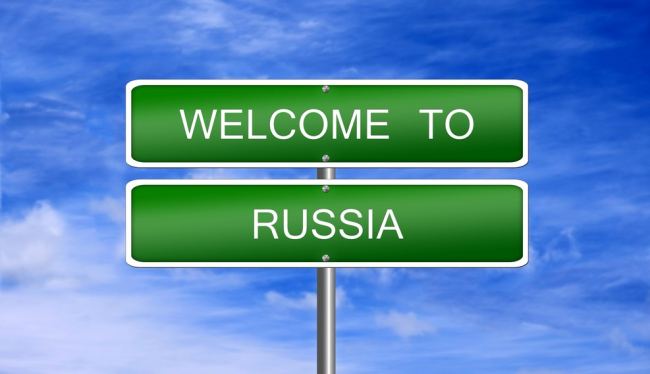Societies
The existence of an international civil society is the subject of theoretical debate. But beyond these debates, the study of societies remains essential to understanding how the world works.


Kurds against IS: An Effective Military Solution?
The Kurdish military’s recent history immediately brings to mind images of its mythical female fighters, and of its real victories against Daesh. But its successes have been primarily in Syria. In Iraq, the Kurdish military has been hindered by poor preparation, lack of effective weaponry, and various political and tactical disagreements between actors. Without support from the West, Kurdish forces will not be able to win the on-ground offensive.
Japan's Challenges in Public Diplomacy, An American Vision
Japan’s public diplomacy (PD) profile rests almost exclusively on the promotion of its cultural soft power. Today, in the complex geopolitical setting of Asia, in which national rivalries are reviving competing wartime history narratives and territorial disputes, this approach is no longer sufficient to advance Japan’s own national interests and gain favorable opinion abroad. Under the Prime Minister Abe, Japan has begun to transform and upgrade its public diplomacy. However, the country is still facing a number of challenges.
Russia’s Immigration Policy: New Challenges and Tools
A new stage in the development of Russia's migration policy is upon us. Since 2010, legal amendments and the Concept of Migration Policy of the Russian Federation to 2025, adopted in June 2012, marked a clear change in how migration flows are regulated, the aim being now to maximise the economic benefit of labour migration.
Identifying the Middle Classes: Diversity, Specificities and Consumption Practices Under Pressure
The international viewpoint on the African continent has profoundly changed in the last decade. Images advertised by the media drifted from afro-pessimism - the sad fate of Africa (wars and poverty) - to afro-optimism - a brighter future for the continent.

De-radicalization and the Prevention of Radicalization in Germany, Great Britain and Denmark
To date, a few thousand Europeans have left Europe to join jihadi fighters in Syria and Iraq. Several hundreds of them have already returned. To deal with this phenomenon, some countries have developed radicalization prevention and de-radicalization programs.

American Presidential Elections: What the Primaries are Telling us
The presidential primaries have begun, and have quickly become a target for much criticism.
Islam, Judaism and National German Identity: Challenges and New Prospects
The present analysis links the debate on German national identity to on the one hand the revival of Judaism which was a deliberate political choice and on the other to the expansion of Islam which conversely was not anticipated. The article explains how Judaism was able to revive in Germany after 1945 and how Islam has become the third largest religion in the country in number of believers.
Comment votent les Américaines ?
Are women going to vote massively for Hillary Clinton in 2016, the same way African-Americans voted for Barack Obama in 2008 and 2012? This paper examines the different aspects of the gender gap in the US, social debates around women's issues and the way the Democratic candidate may approach the different segments of the American electorate.

Muslim States’ Influence on Islam in France
Successive attempts to institutionalise Islam in France have not resulted in an entirely satisfactory outcome.

Somalia, the Modern Sisyphus?
Since gaining independence in 1960, Somalia has enjoyed only a few periods of stability.
Support independent French research
Ifri, a foundation recognized as being of public utility, relies largely on private donors – companies and individuals – to guarantee its sustainability and intellectual independence. Through their funding, donors help maintain the Institute's position among the world's leading think tanks. By benefiting from an internationally recognized network and expertise, donors refine their understanding of geopolitical risk and its consequences on global politics and the economy. In 2025, Ifri supports more than 80 French and foreign companies and organizations.









